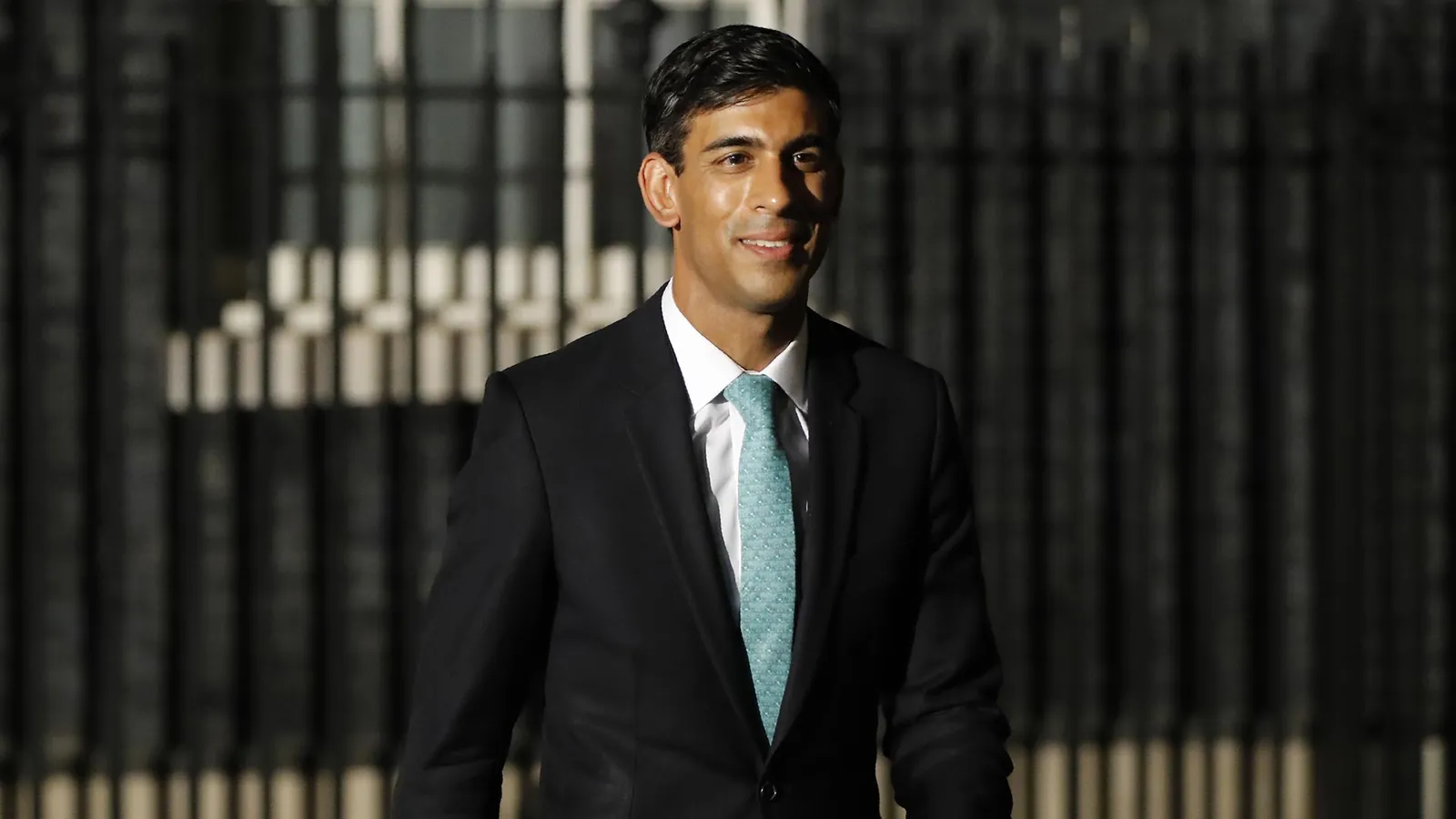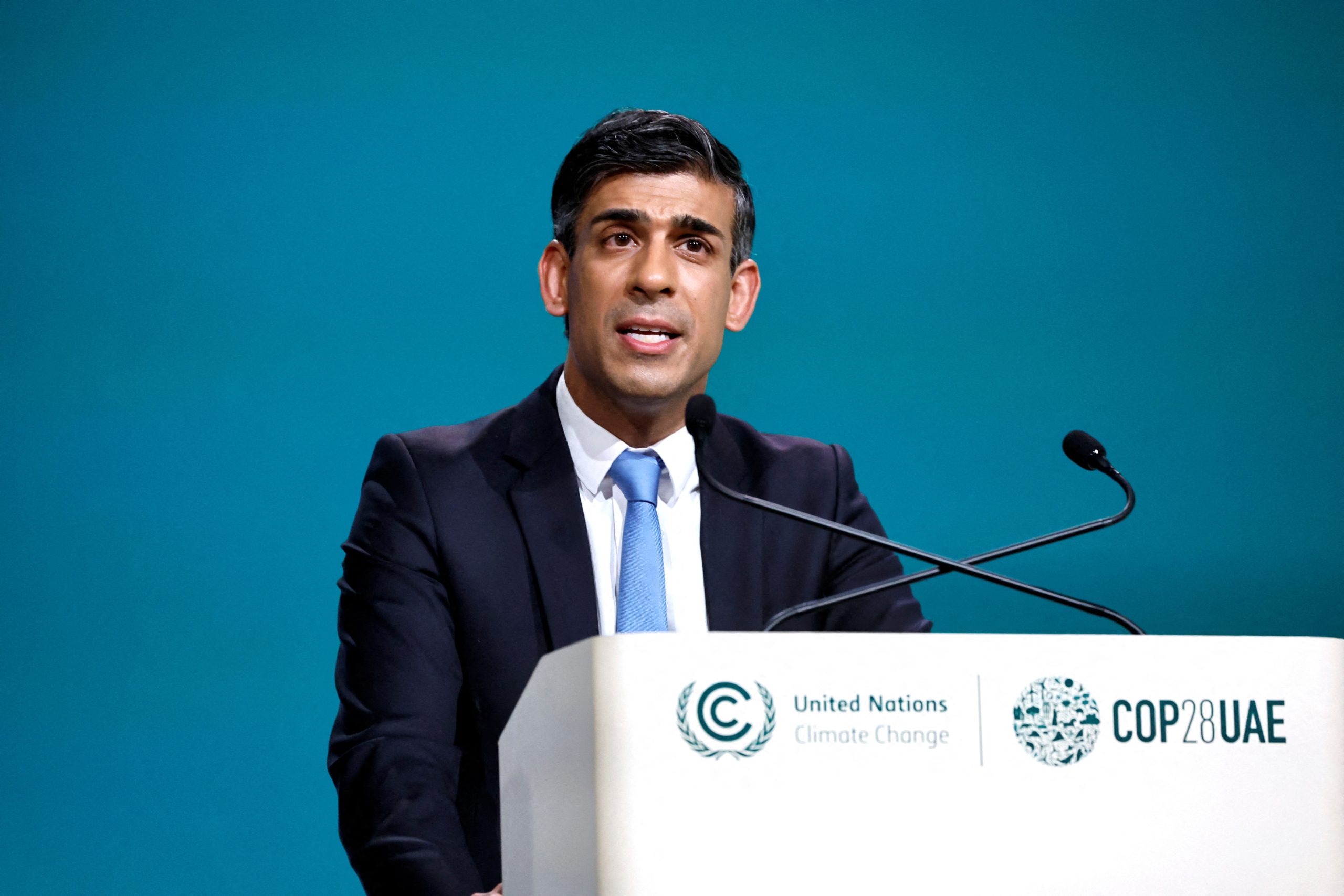Prime Minister Rishi Sunak’s recent decisions regarding climate change have drawn criticism from Chris Stark, the outgoing head of the UK’s Climate Change Committee.
Stark, who will be leaving his position next week, expressed concern that Britain’s climate policies have regressed, attributing this setback to Sunak’s actions.
In an upcoming interview, Stark emphasized the difficulty of recovering from such a decline, suggesting that the nation’s progress has been hindered.
Sunak’s approach, aimed at addressing cost-of-living issues and electoral competition, has led to modifications in climate measures, much to the chagrin of environmental advocates. Adjustments include delays in targets for vehicle and home heating changes.
Sunak defends these adjustments as necessary compromises to maintain public support while affirming the country’s commitment to achieving net zero emissions by 2050.
A Critical Examination of Recent Decisions and Calls for Bolder Action to Combat Climate Change

Stark, however, highlights the necessity for more aggressive actions, particularly in addressing heating methods for homes and managing industrial emissions. He also underscores the importance of reforms in agriculture and transportation systems to combat climate change effectively.

In response to Stark’s critique, a government spokesperson emphasized Britain’s achievements in reducing greenhouse gas emissions and its ambitious climate targets for 2035.
However, Stark’s concerns persist, with the spokesperson acknowledging the need for sustainable approaches to achieve net zero goals.
The spokesperson reiterated the government’s efforts to protect energy security, alleviate burdens on citizens, and ensure transparency in decision-making processes regarding climate policies.

The discourse surrounding Sunak’s climate policies underscores the ongoing tension between environmental objectives and socio-economic considerations.
While the government emphasizes its achievements and pragmatic approaches, critics like Stark advocate for bolder actions to address the urgent threat of climate change. As Britain leads its path towards a sustainable future, the debate surrounding its climate policies remains contentious.







Leave a Reply